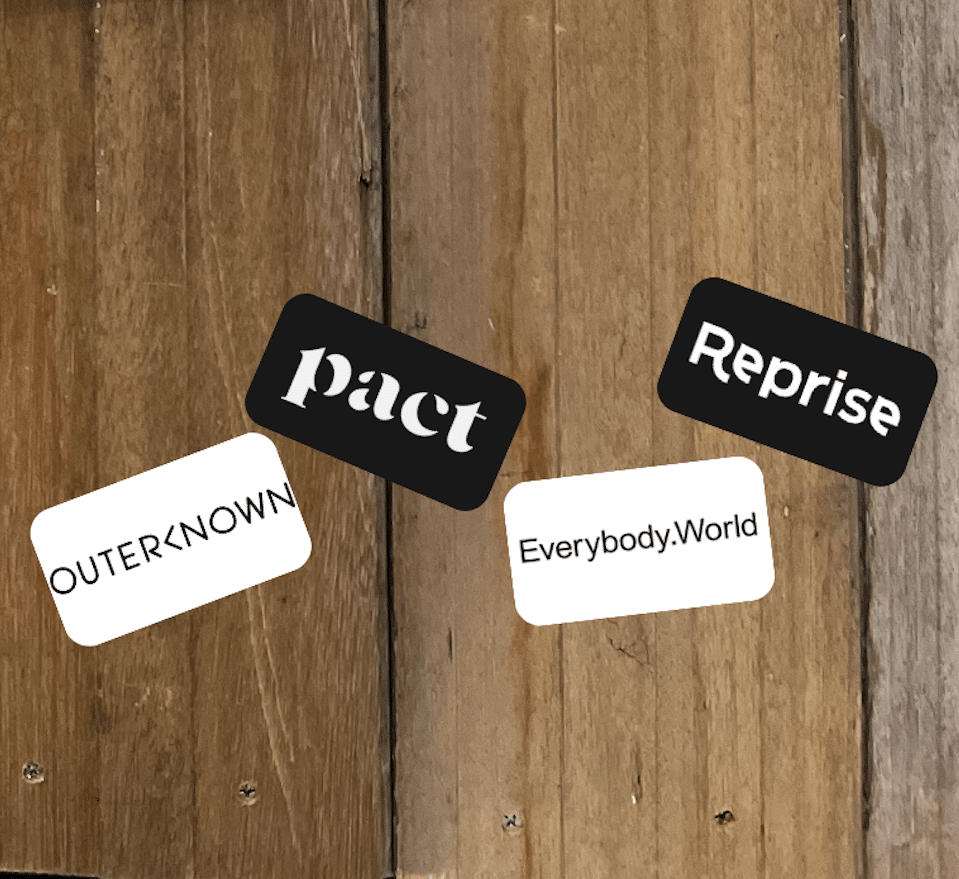Fashion
What do you know about your clothing?
Introduction
What are you wearing today? Have you ever paused to consider who made your clothes, how they were made, and under what conditions?
We live in the age of fast fashion, where companies churn out vast quantities of cheap clothes, often at the expense of both the people who make them and the planet. To keep prices low, many brands compromise on material quality, working conditions, and fair wages.

The Impact of Fashion: Environmental and Social Costs
Most price tags don’t reflect the true cost of clothing. The fashion industry is the world’s third most polluting, causing significant harm to both the environment and society. It starts with sourcing materials—whether “natural,” synthetic, or a blend. Conventional cotton, despite being a natural fiber, relies on water-intensive farming and heavy pesticide use. Synthetic materials like polyester, derived from plastics or petroleum, take centuries to break down. During production, clothes are often dyed, contributing to over 20% of global water pollution.
Fast fashion’s impact goes beyond environmental harm. Businesses often cut corners to produce high volumes of cheap clothing, resulting in poor working conditions and unfair wages. Rapid production demands mean that garment workers, often in developing countries, are subjected to long hours, unsafe environments, and minimal pay.
The most sustainable fabrics include organic cotton, recycled cotton, organic hemp, organic linen, Tencel, and recycled wool. Look for brands with sustainability certifications and responsible dyeing practices. Our partner Fibershed inspires us with its work in developing natural fiber and dye systems that nurture the soil and protect our ecosystems. By choosing ethically produced clothing, we can reduce the fashion industry’s environmental footprint and support fair labor practices.
How Can You Dress for the Future?
We can all make informed choices about where our clothes come from and which companies we support. Start by following the “Buyerarchy of Needs“: use what you have, borrow, swap, thrift, make, and buy new only as a last resort. By extending the life of our clothing, we reduce the fashion industry’s impact on both people and the planet.
Second-hand shopping at consignment, vintage, and thrift stores offers unique, affordable finds. In New Hampshire, a creative initiative even incorporates clothing into the library system, allowing community members to borrow clothes. However, even when thrifting, be mindful to buy only what you need. The growing popularity of thrifting has made it harder for those who rely on affordable, size-inclusive options to access clothing.
When buying new is necessary, choose brands committed to sustainability. Patagonia, for example, is dedicated to “building the best product, causing no unnecessary harm, and using business to inspire and implement solutions to the environmental crisis.” Resources like Good On You help identify brands that prioritize worker rights, ethical supply chains, and environmentally friendly materials. Remember: quality over quantity.
Joining the Movement for a Sustainable Fashion Future
We are not alone in this movement. Our partner Fashion Takes Action is transforming the industry through education, awareness, research, and collaboration. Here at Turning Green, our Fashion for the Planet campaign promotes stylish, climate-friendly clothing to spotlight the issues of fast fashion. By using our voices and supporting sustainable companies, we can drive the change toward ethical fashion. Being mindful of fast fashion trends helps us avoid short-lived purchases, leading to immediate and long-term benefits for both people and the planet.
EXPAND YOUR KNOWLEDGE
Resources for Sustainable Fashion
Ready to make more informed choices? Explore these resources to learn more about sustainable fashion, ethical brands, and how to reduce your wardrobe’s impact on the planet. Whether you’re looking for guides, certifications, or platforms to find eco-friendly clothing, these tools will help you take the next step toward a more conscious closet.
CHALLENGES
Globally, the average person discards 70 pounds (about 32 kg) of clothing each year. We can—and must—do more to keep clothing out of landfills. By swapping, buying used, repairing, and upcycling, we can make a significant difference.
Does your favorite shirt have a label that says, “Made with 100% pesticide-sprayed cotton, chemical dyes, and sweatshop labor”? Highly doubtful! How can consumers ever truly know what goes into making their clothes—or any other products? Consider the lifecycle of a conventional cotton t-shirt. Learn to question everything!
Tag @TurningGreenOrg, @TrueCostMovie, @FashionTakesAction, and @Fibershed_. Use the hashtags #PGC2024, #fastfashion, and #WhoMadeMyClothes.
Do you have old shirts, jeans, or clothing that no longer fit your body or style? What do you usually do with these pieces? Think about the resources that went into creating those garments and the importance of extending their life. Let’s get creative!
Film has the power to inspire action. The documentary The True Cost sheds light on the immense impact the fashion industry has on both people and the planet, making it an eye-opening tool for raising awareness.
PRIZES
Up to 10 Greener and 10 Greenest outstanding submissions will be selected as winners.

Each Greener Winner will receive:

Each Greenest Winner will receive a $100 gift code from one of the following brands: